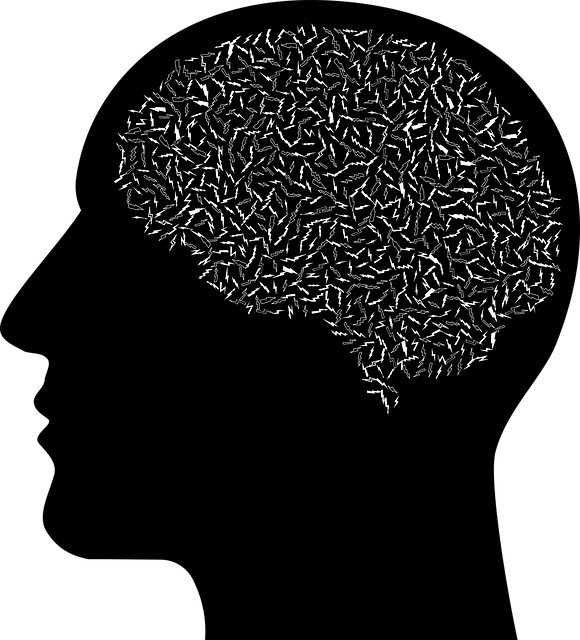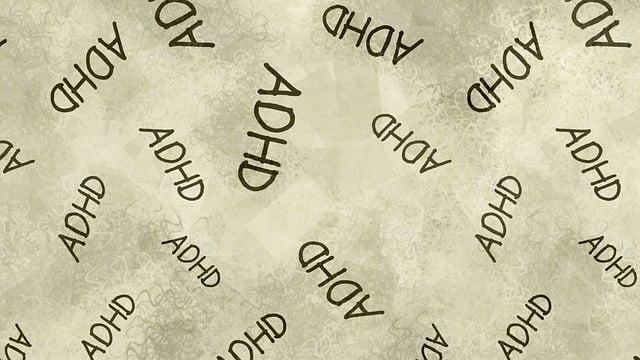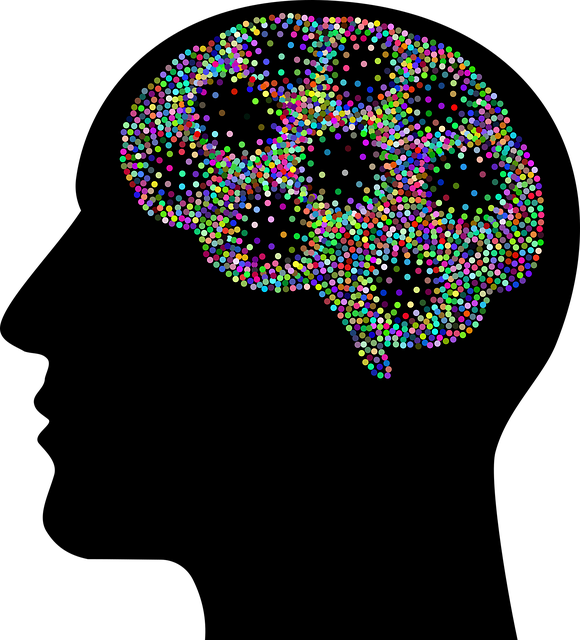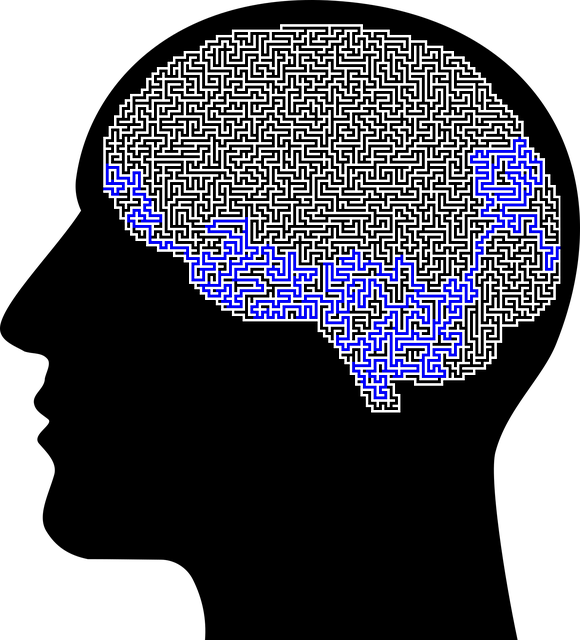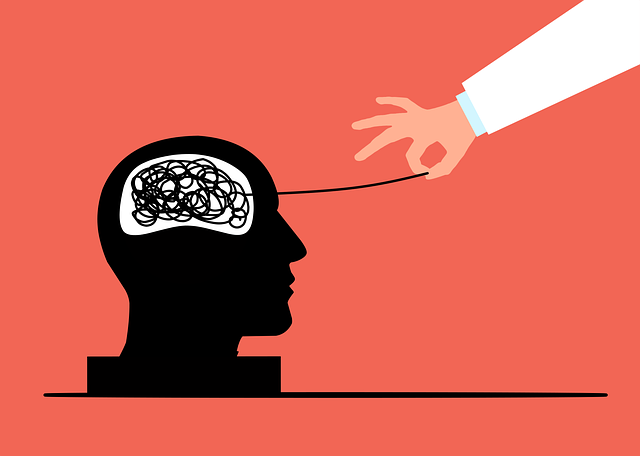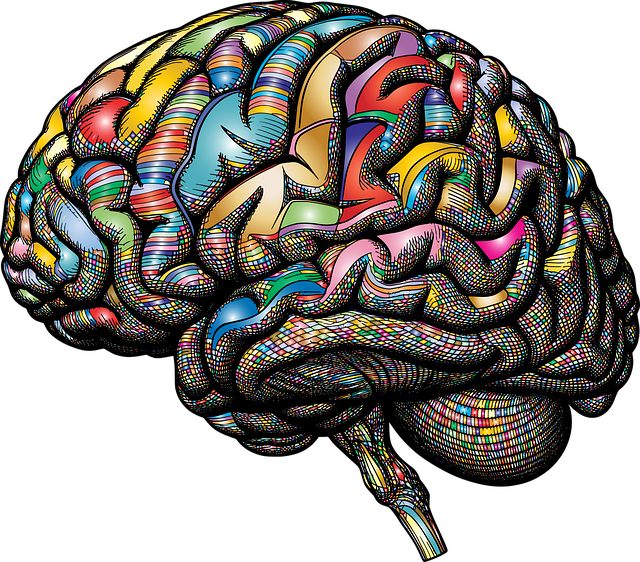Mental wellness, strained by modern lifestyles, benefits from self-assessment tools offered by Boulder Psychological Testing Therapy. These scientifically valid and culturally sensitive tools help both individuals seeking personal growth and professionals diagnose and treat mental health issues. By integrating therapy with assessment, this approach provides accurate insights for tailored coaching programs that enhance resilience and overall well-being, addressing specific needs for effective life challenge management.
In today’s fast-paced world, prioritizing mental wellness is more crucial than ever. This article explores the development of mental wellness self-assessment tools, a vital resource for individuals seeking holistic health support. We delve into the growing need for accessible psychological testing, highlighting how these tools can provide valuable insights into mental well-being. Furthermore, we discuss integrating therapy into self-assessment frameworks, emphasizing Boulder Psychological Testing Therapy’s role in empowering folks to take charge of their mental health journeys.
- Understanding Mental Wellness and the Need for Self-Assessment
- Developing Effective Psychological Testing Tools
- Integrating Therapy into Self-Assessment Frameworks for Holistic Mental Health Support
Understanding Mental Wellness and the Need for Self-Assessment

Mental wellness is a holistic concept encompassing various aspects of an individual’s emotional, psychological, and social well-being. It involves maintaining a positive mindset, managing stress effectively, cultivating meaningful relationships, and achieving personal growth. However, in today’s fast-paced world, many individuals struggle to prioritize their mental health due to the constant demands of work, family, and everyday life. This is where self-assessment tools play a pivotal role. They empower people to take charge of their mental wellness by providing insights into their thoughts, feelings, and behaviors.
The need for comprehensive mental wellness self-assessment tools is increasingly recognized, especially in the context of Boulder psychological testing therapy. These tools serve as valuable resources for both individuals seeking personal growth and mental health professionals aiming to offer effective care. By assessing factors such as stress levels, emotional resilience, and coping mechanisms, self-assessment can help identify areas of concern and guide the development of tailored strategies for improvement. Furthermore, integrating self-care practices into these assessments promotes a proactive approach to risk management planning for mental health professionals, ensuring they are equipped to support clients in maintaining and enhancing their mental wellness.
Developing Effective Psychological Testing Tools

In developing effective psychological testing tools, such as those offered by Boulder Psychological Testing Therapy, it’s crucial to balance scientific validity with practical applicability. These assessments should be designed using robust research methodologies, ensuring they accurately measure mental health constructs. This involves rigorous statistical analysis and continuous validation against established norms and criteria. Moreover, the tools must be tailored to diverse populations, considering cultural sensitivity and individual differences to avoid bias and ensure equitable access to care.
Effective psychological testing goes beyond mere diagnosis; it should also facilitate therapy planning by providing actionable insights. For instance, these assessments can help therapists identify specific areas of distress or strength, enabling them to tailor communication strategies and foster positive thinking. Mental Health Policy Analysis and Advocacy plays a critical role in ensuring these tools are developed, implemented, and evaluated with public interest at the forefront, ultimately enhancing the accessibility and quality of mental wellness services.
Integrating Therapy into Self-Assessment Frameworks for Holistic Mental Health Support

Integrating therapy into self-assessment frameworks is a powerful approach to enhance mental wellness support. By combining traditional psychological testing with therapeutic techniques, such as those offered by Boulder Psychological Testing Therapy, individuals can benefit from a more comprehensive and holistic assessment. This method allows for not only identifying areas of concern but also understanding the underlying factors contributing to mental health challenges. For instance, a self-assessment might uncover stress as a primary factor affecting an individual’s mood management and, subsequently, incorporate tailored conflict resolution techniques to address this issue.
This integrated approach ensures that mental wellness coaching programs can be developed with greater precision, addressing specific needs revealed through the assessment. By intertwining psychological testing with therapeutic interventions, individuals receive a dual benefit—a precise understanding of their mental state and practical tools for managing and improving it. This strategy is particularly valuable in fostering resilience and overall well-being, as it equips people with skills to navigate life’s challenges more effectively.
Mental wellness self-assessment tools play a pivotal role in promoting holistic mental health, especially in today’s fast-paced world. By understanding the nuances of mental wellness and leveraging effective psychological testing methods, individuals like those seeking Boulder Psychological Testing Therapy can gain valuable insights into their emotional well-being. Integrating therapy into these frameworks enables personalized support, fostering growth and resilience. With continuous development and research, self-assessment tools have the potential to revolutionize mental health care, making it more accessible and impactful for everyone in need.

